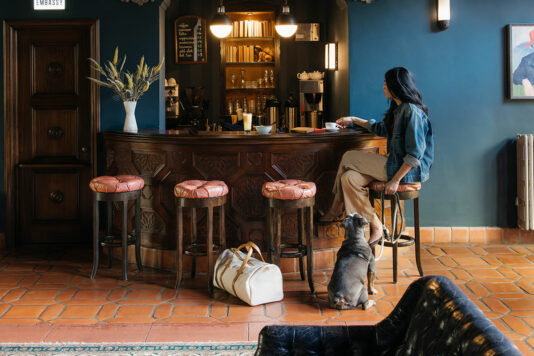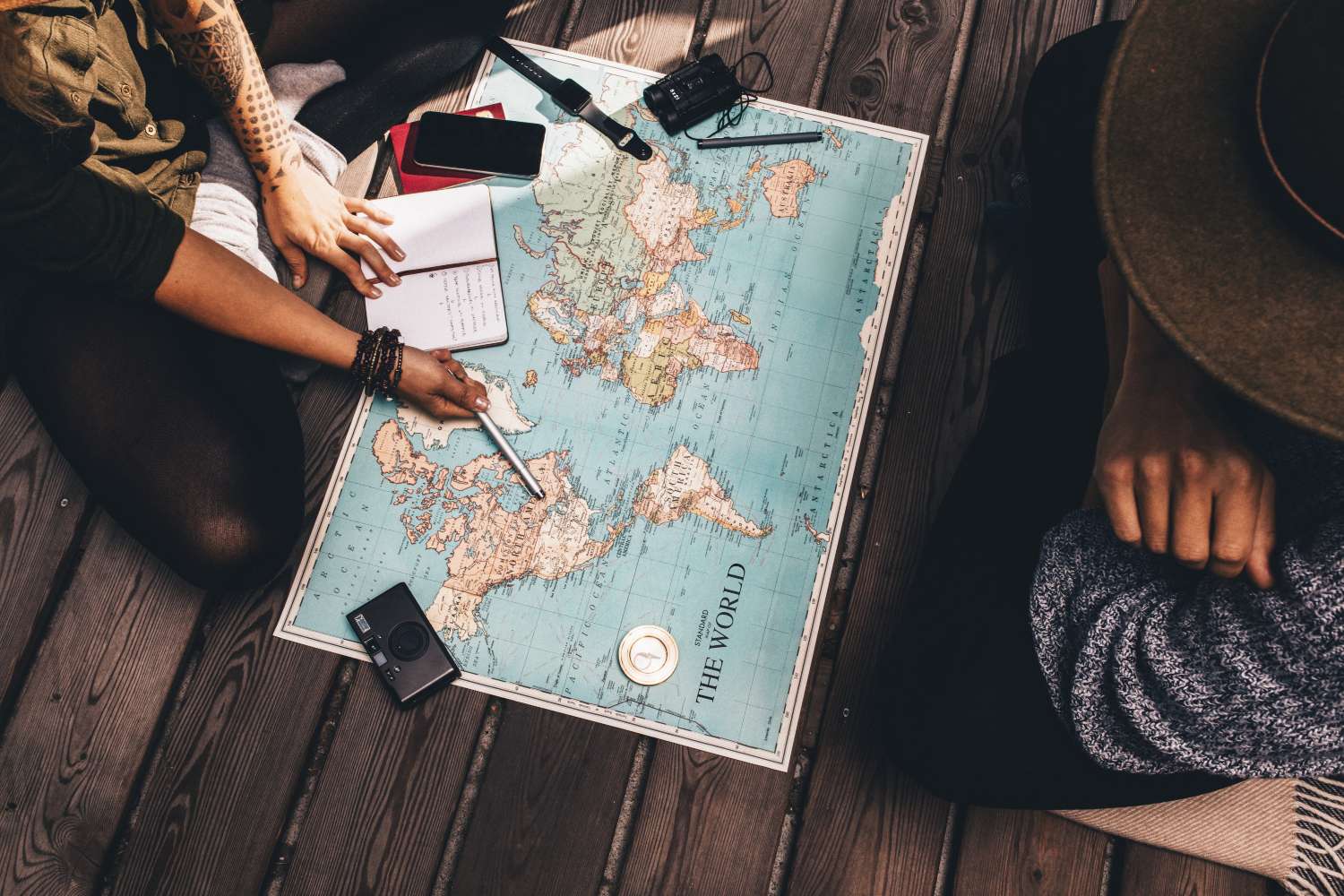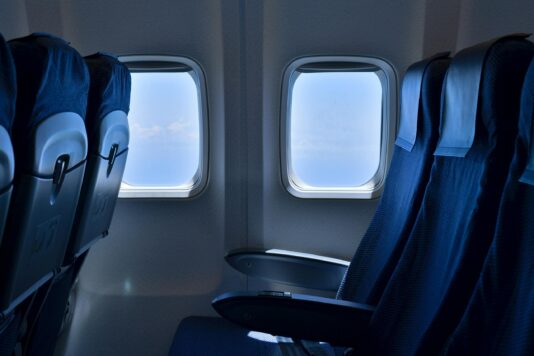

Insight Into the Intersection of Travel, Technology & Marketing
Industry-leading research and travel marketing insights to help travel brands develop a thoughtful marketing strategy
Filter Results










Industry-leading research and travel marketing insights to help travel brands develop a thoughtful marketing strategy








